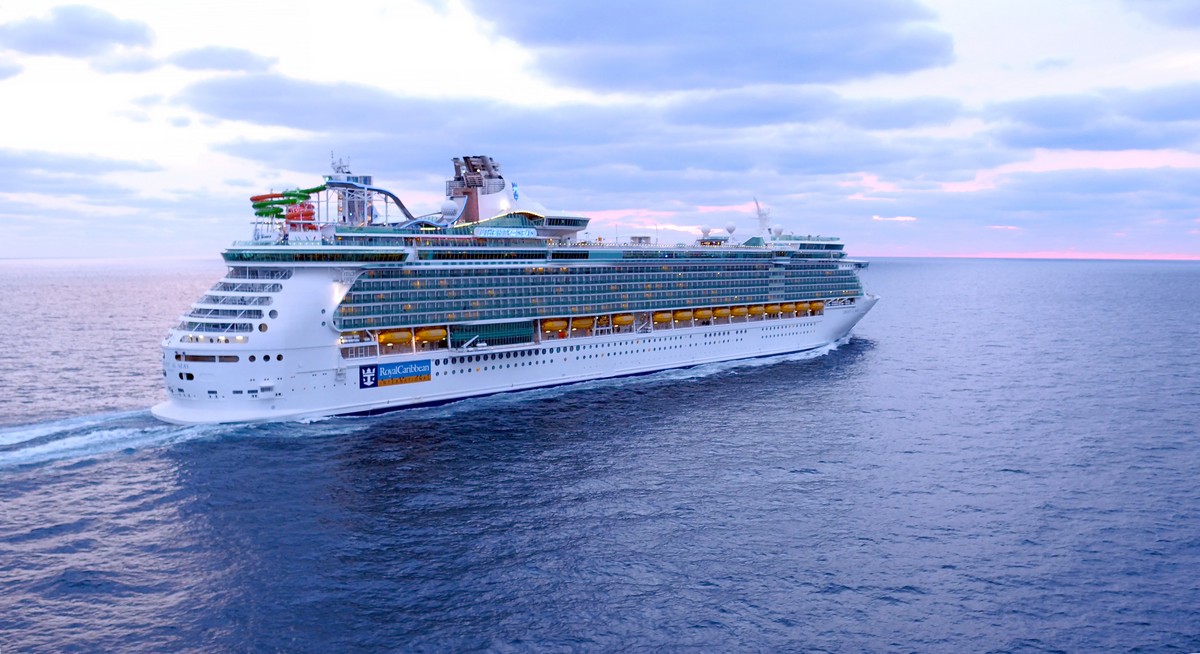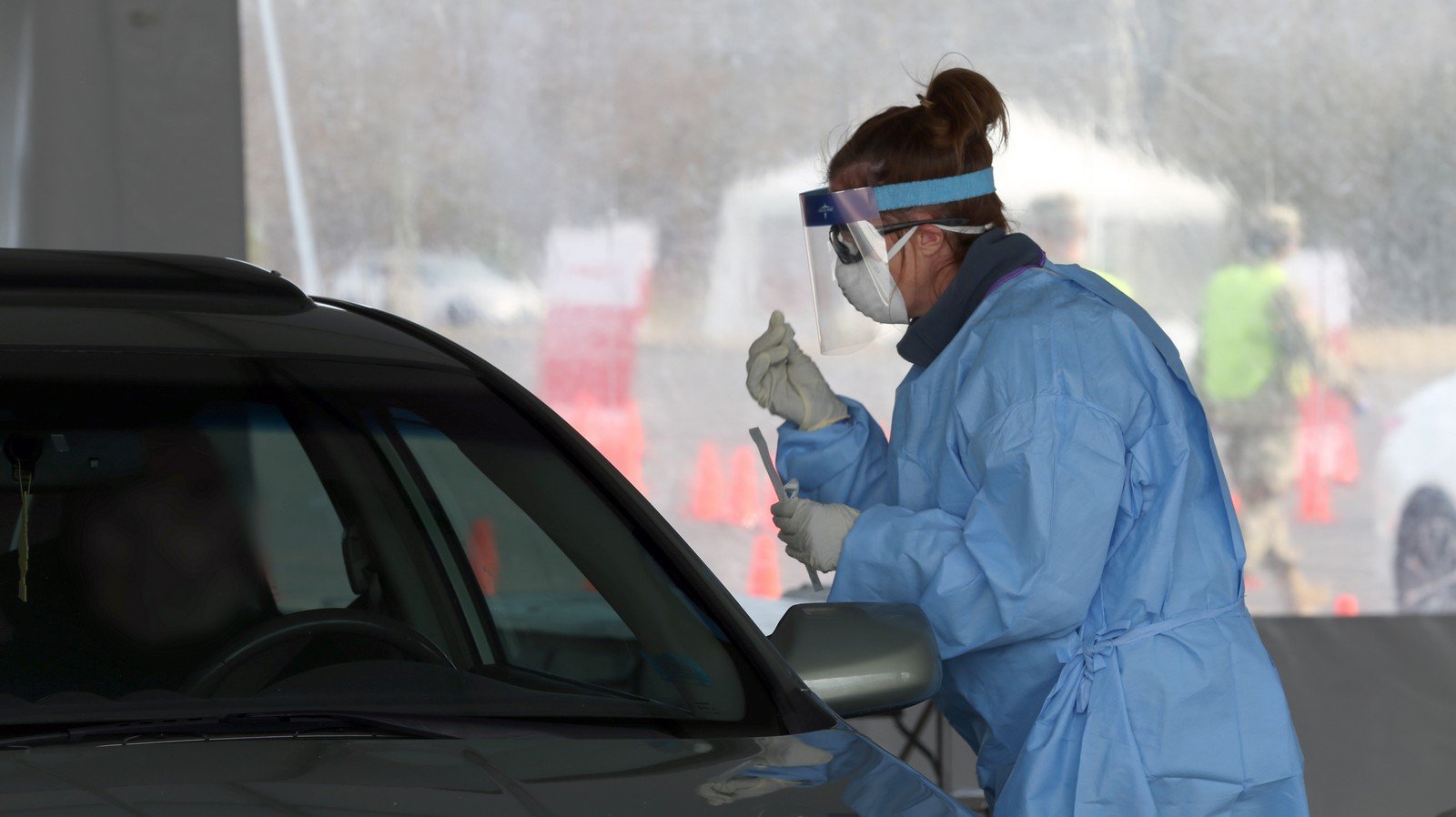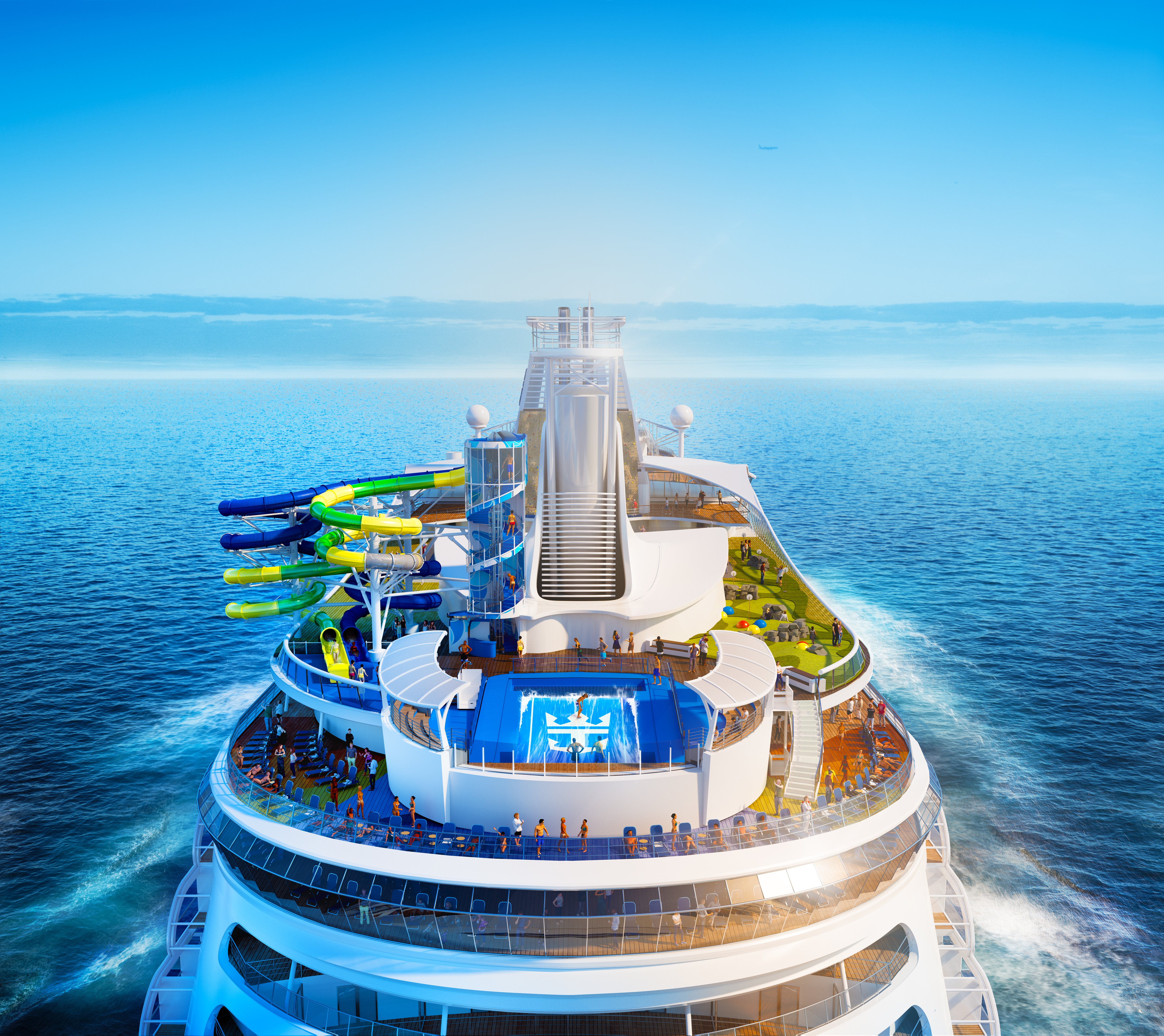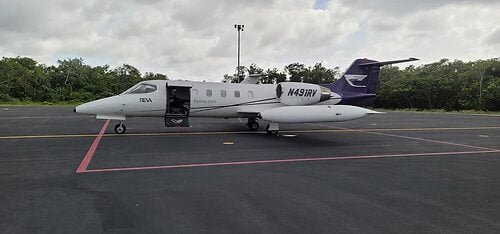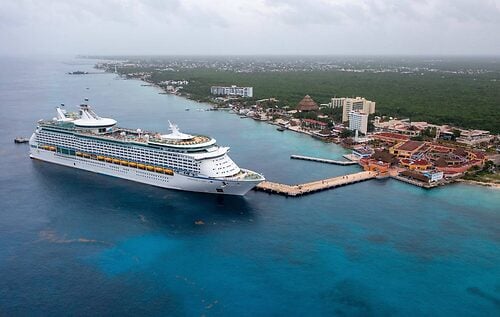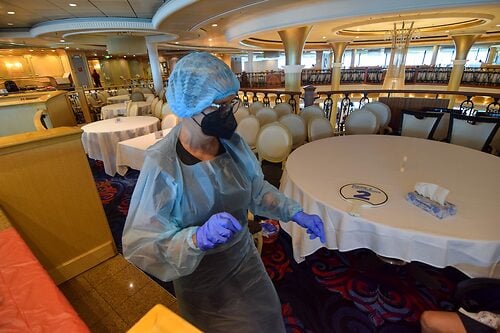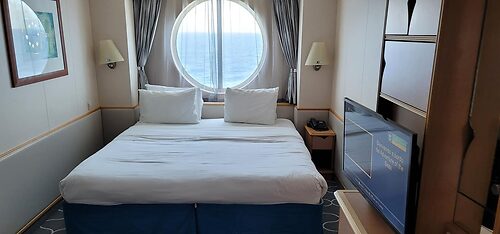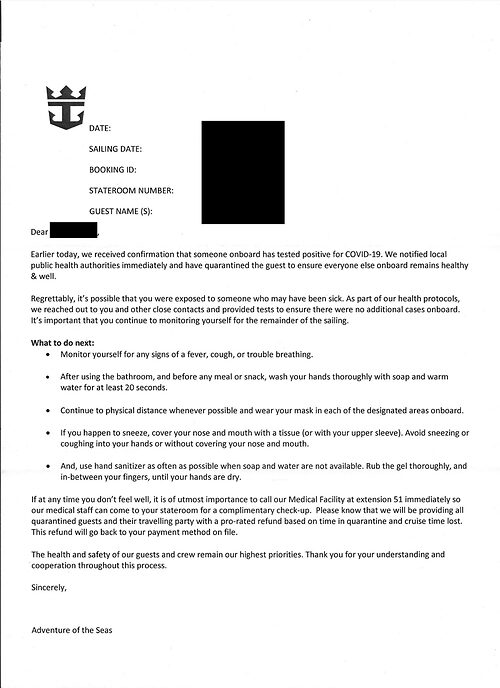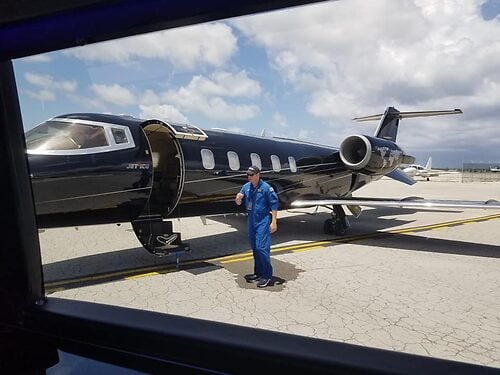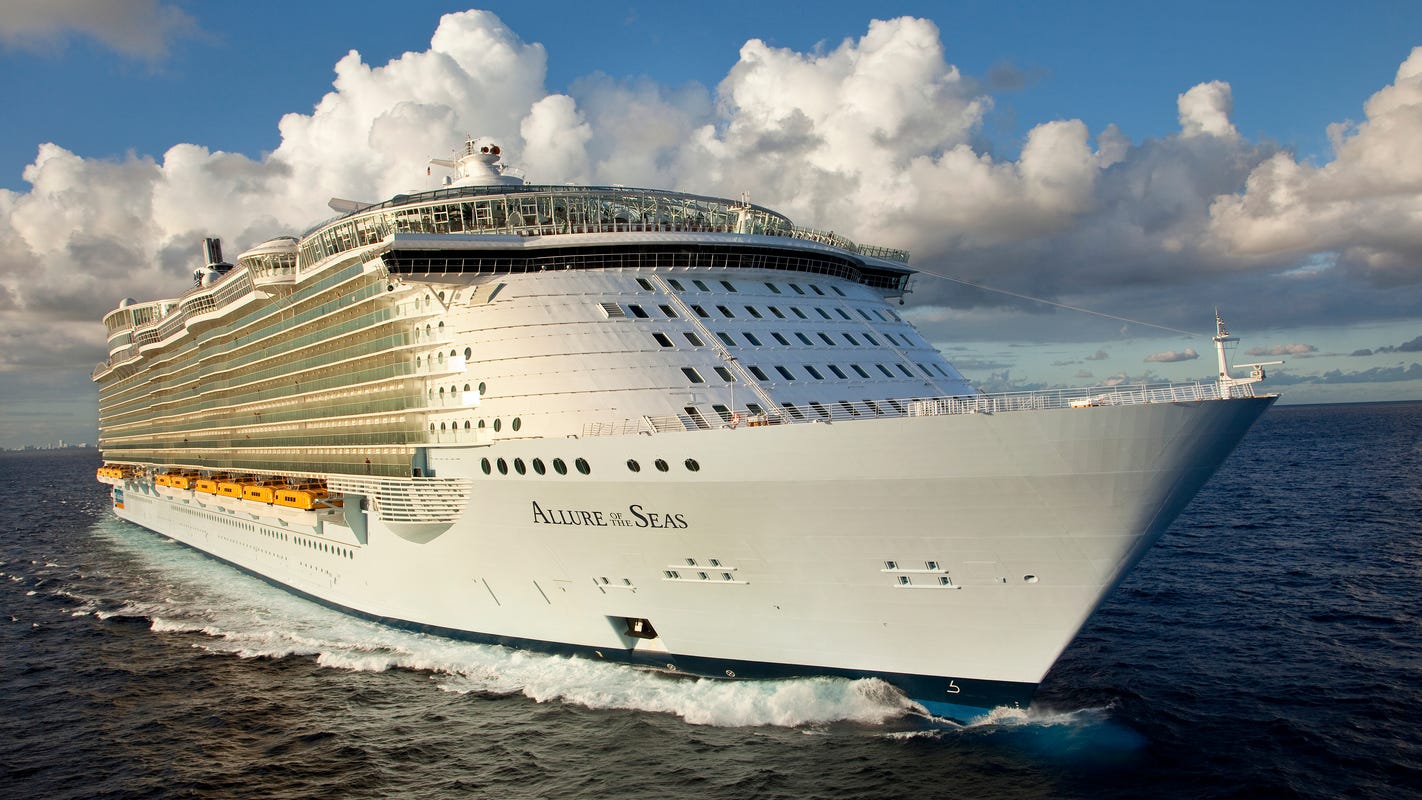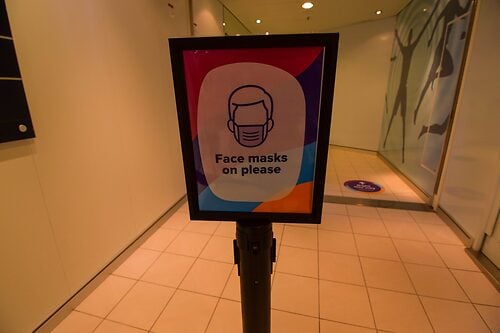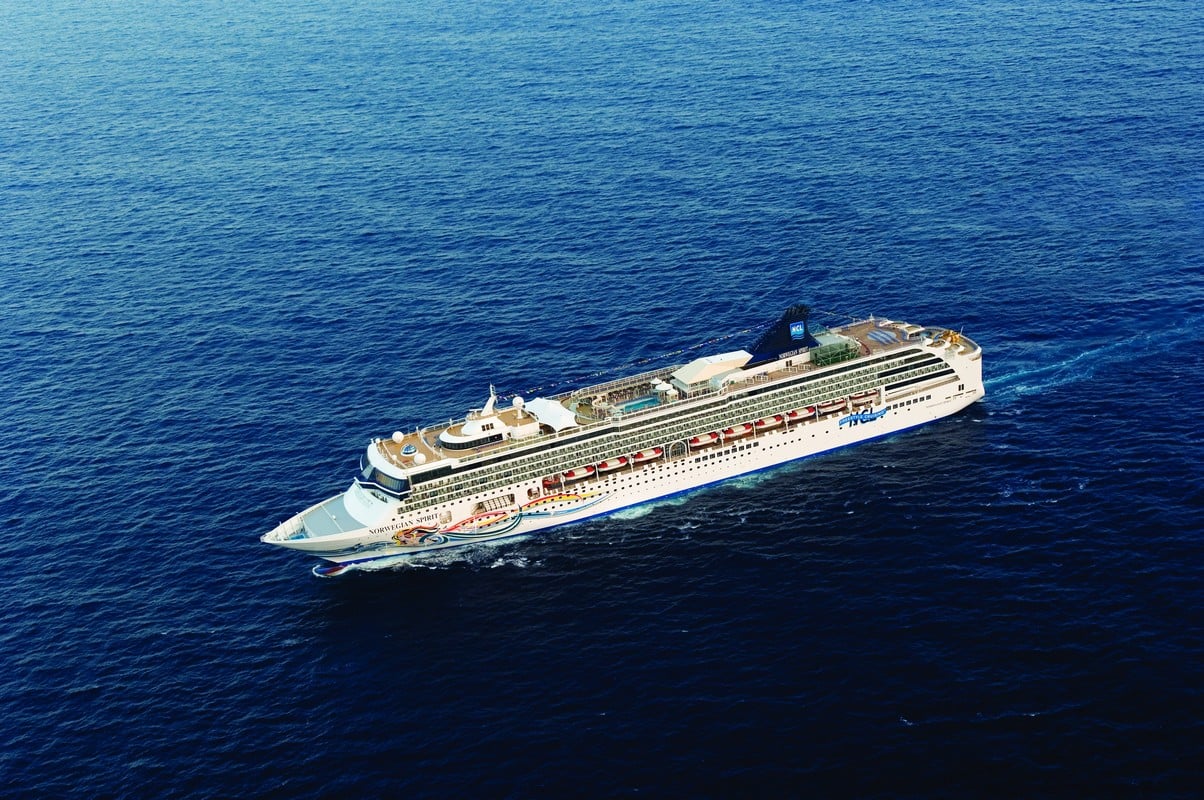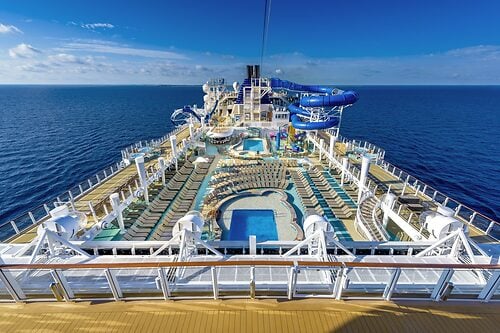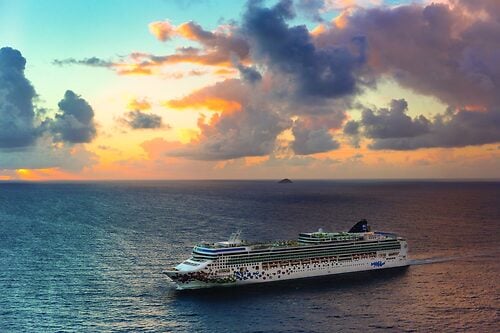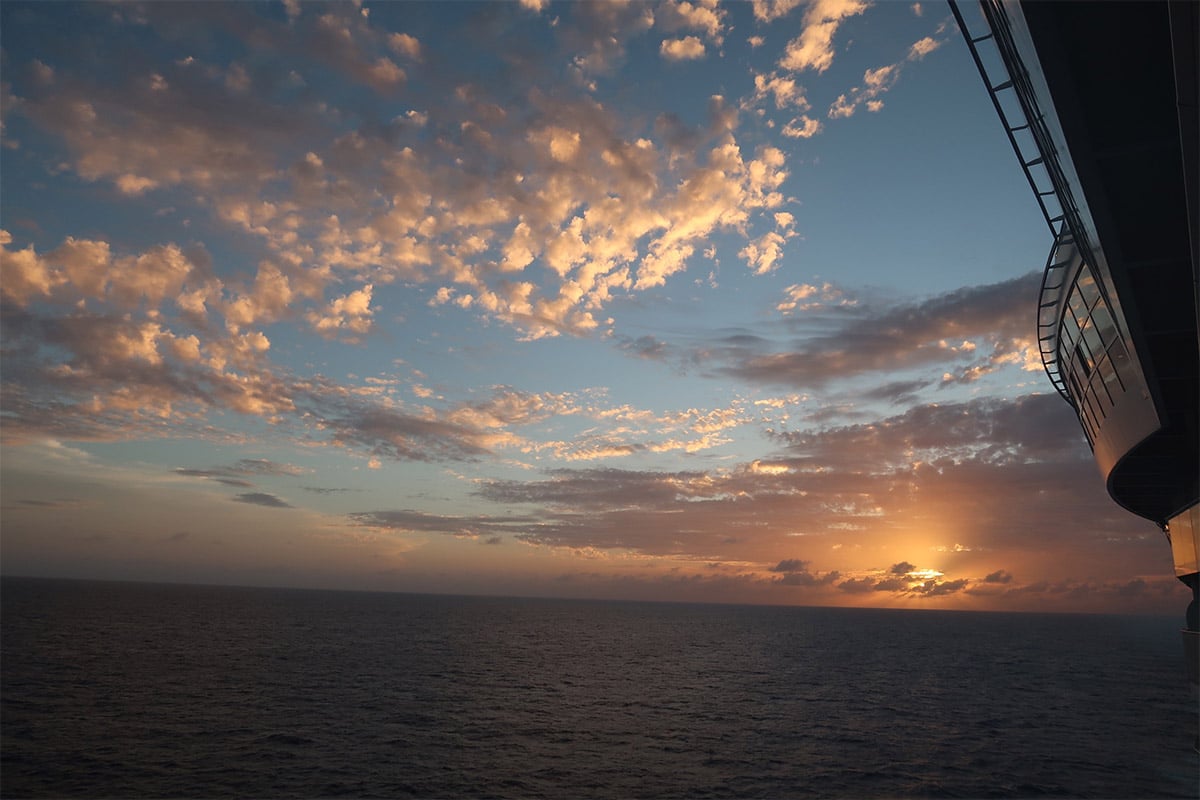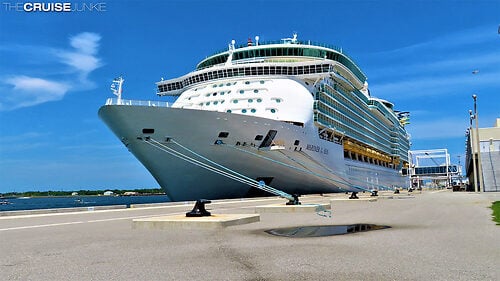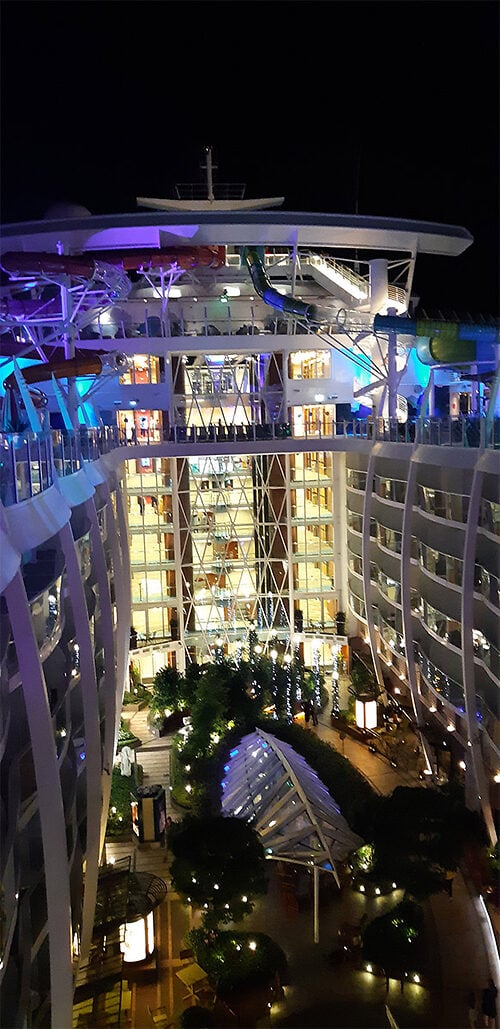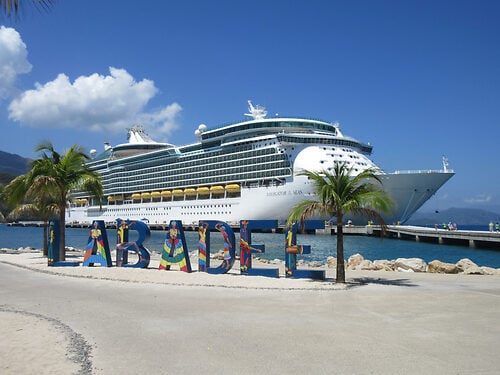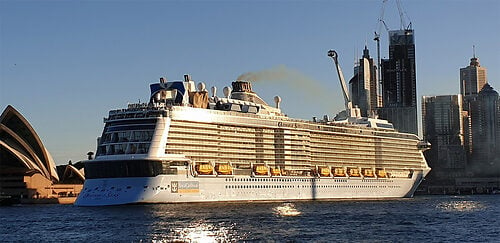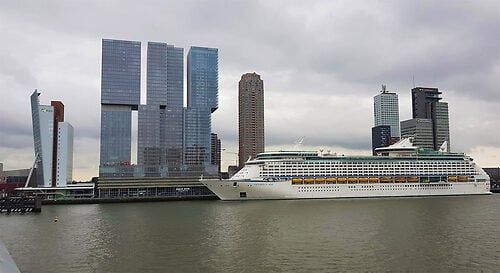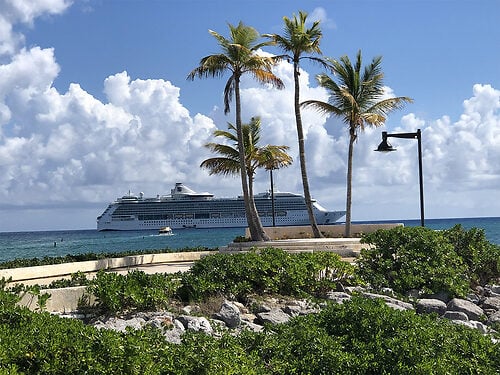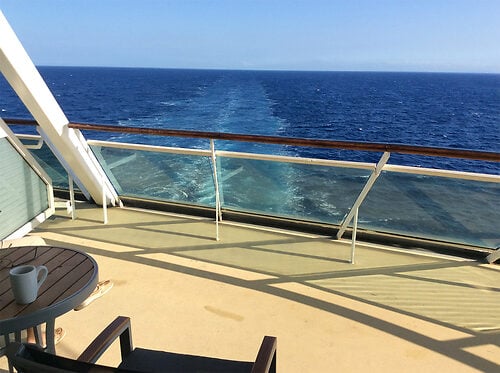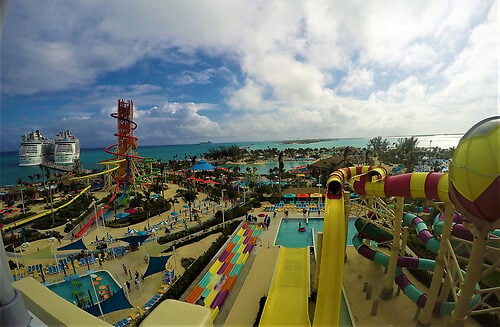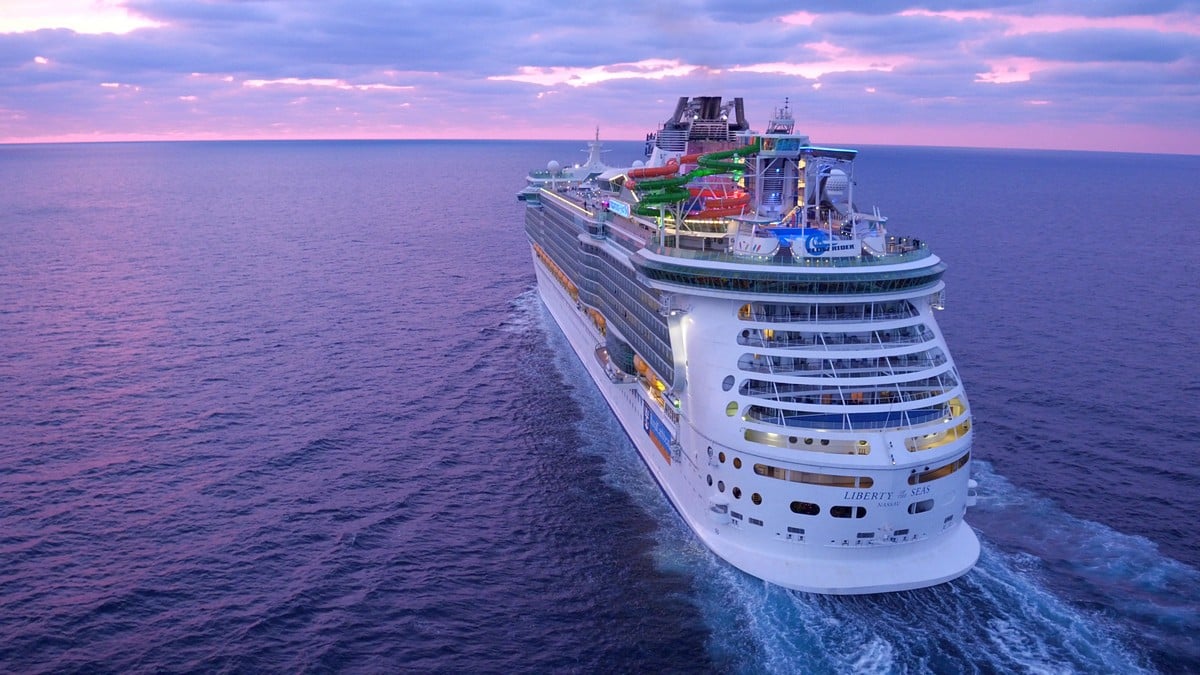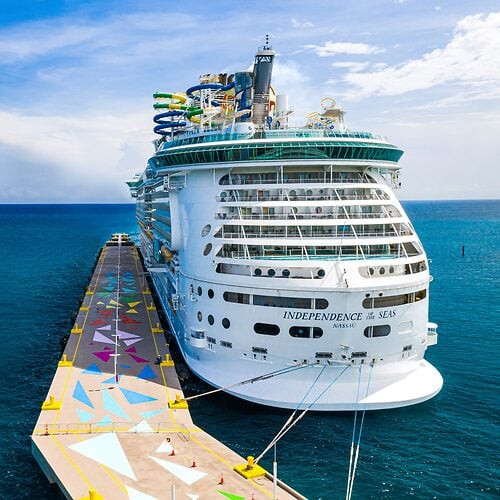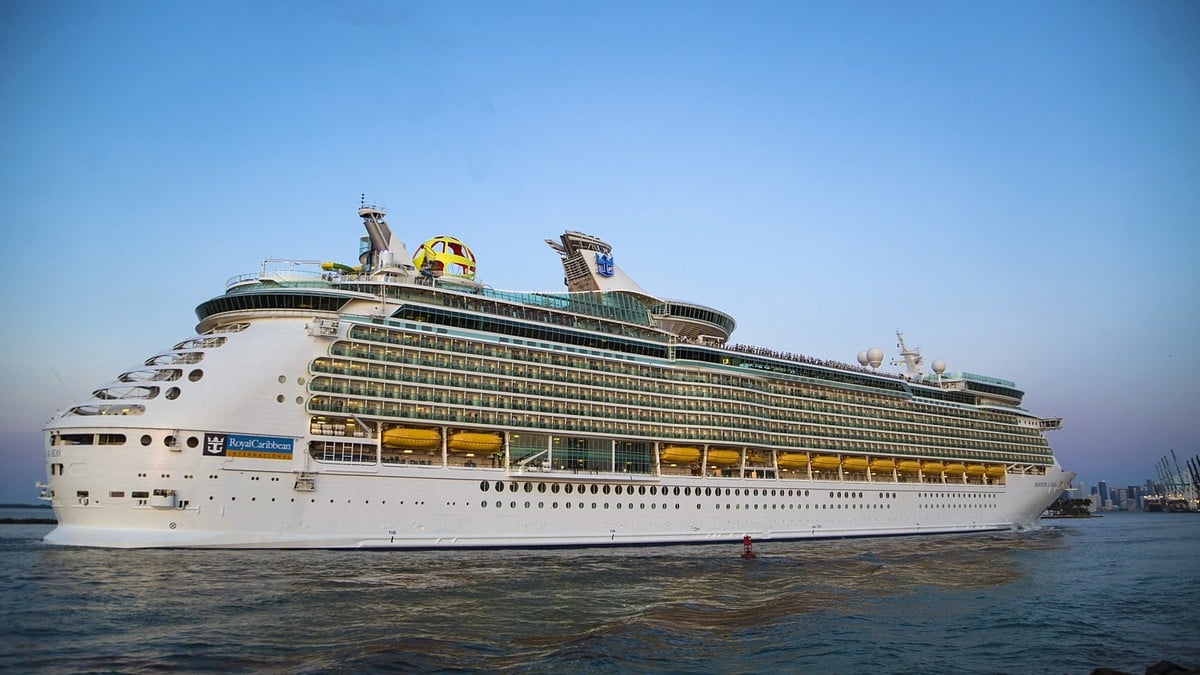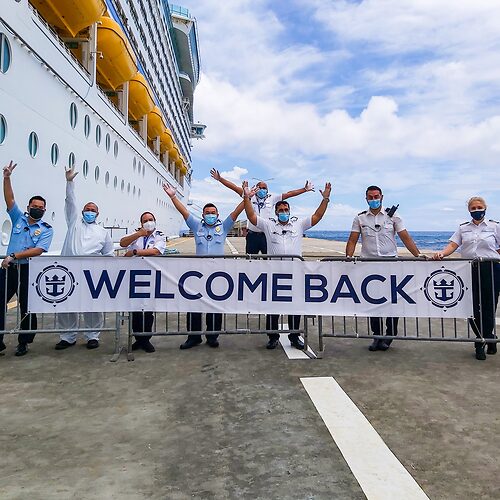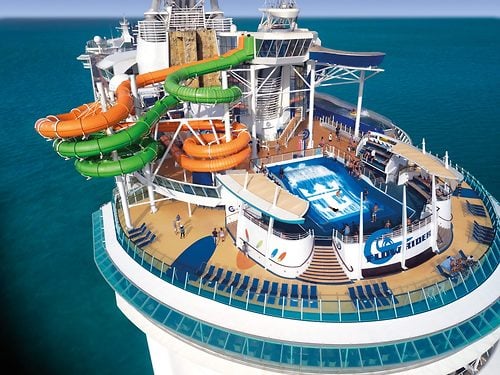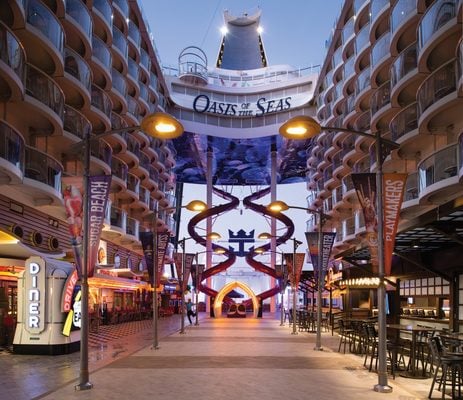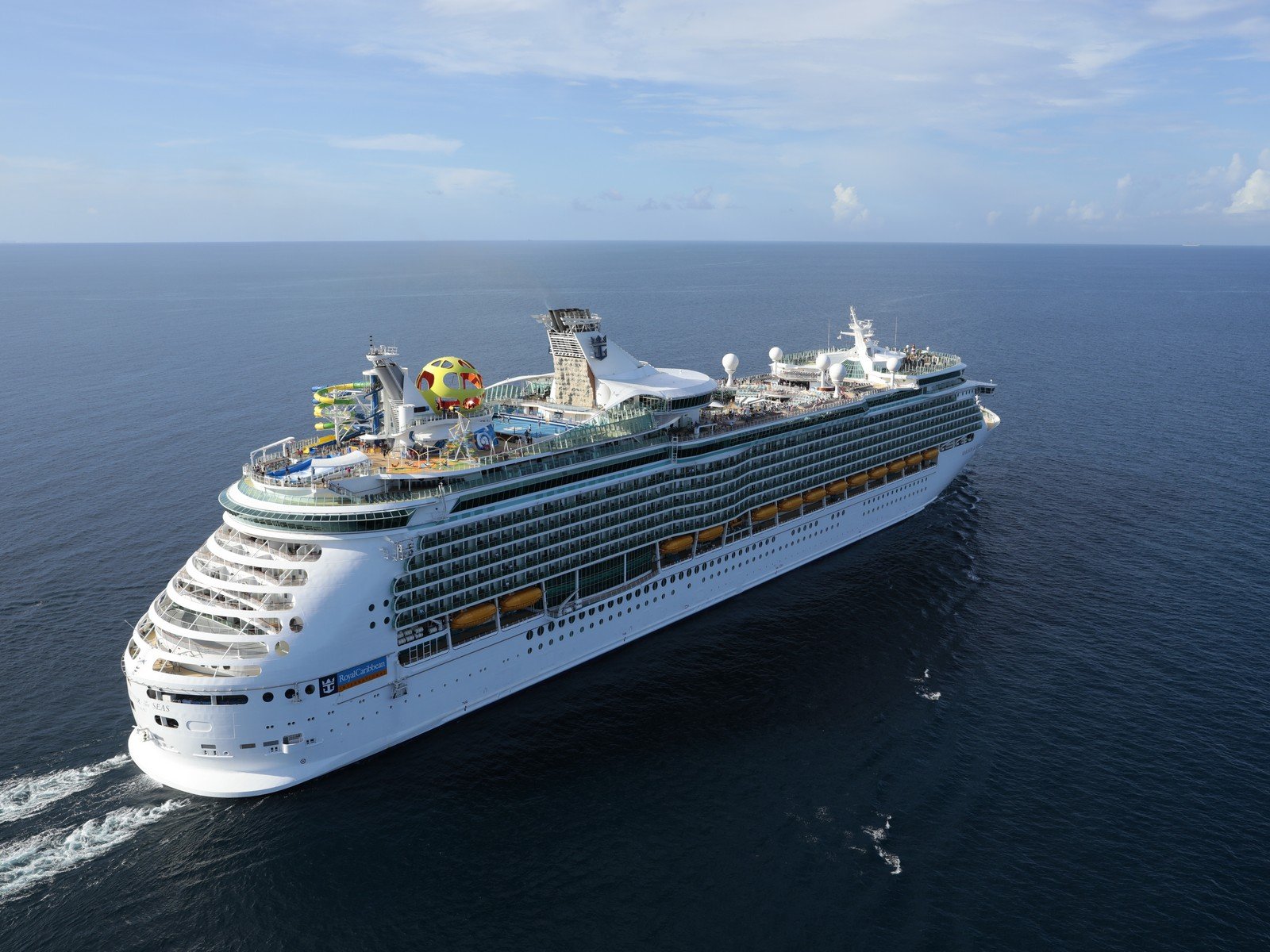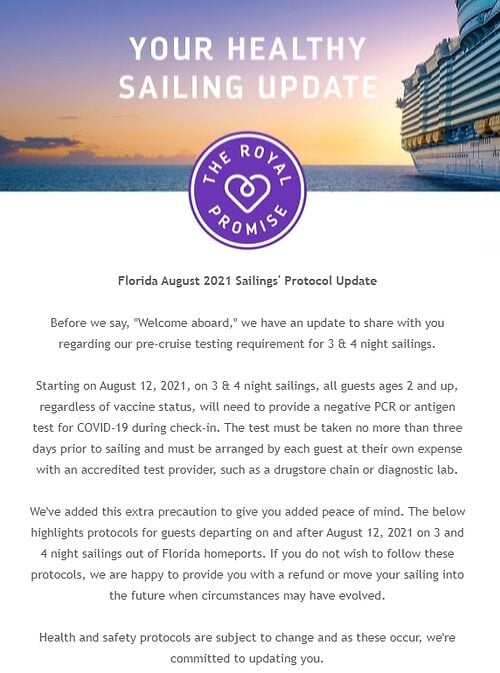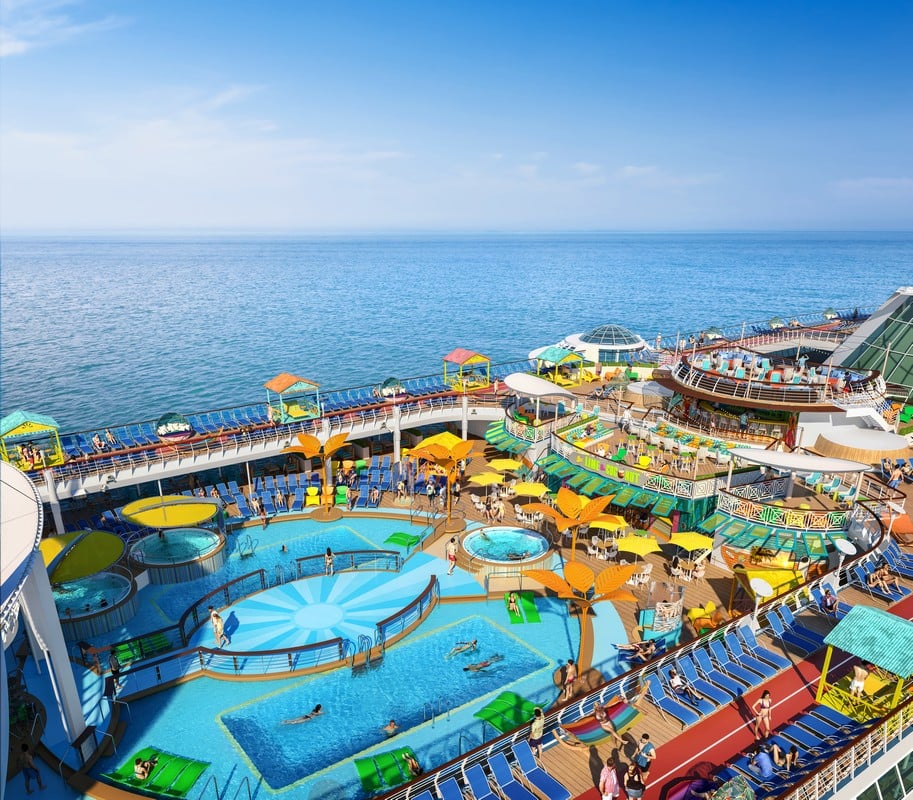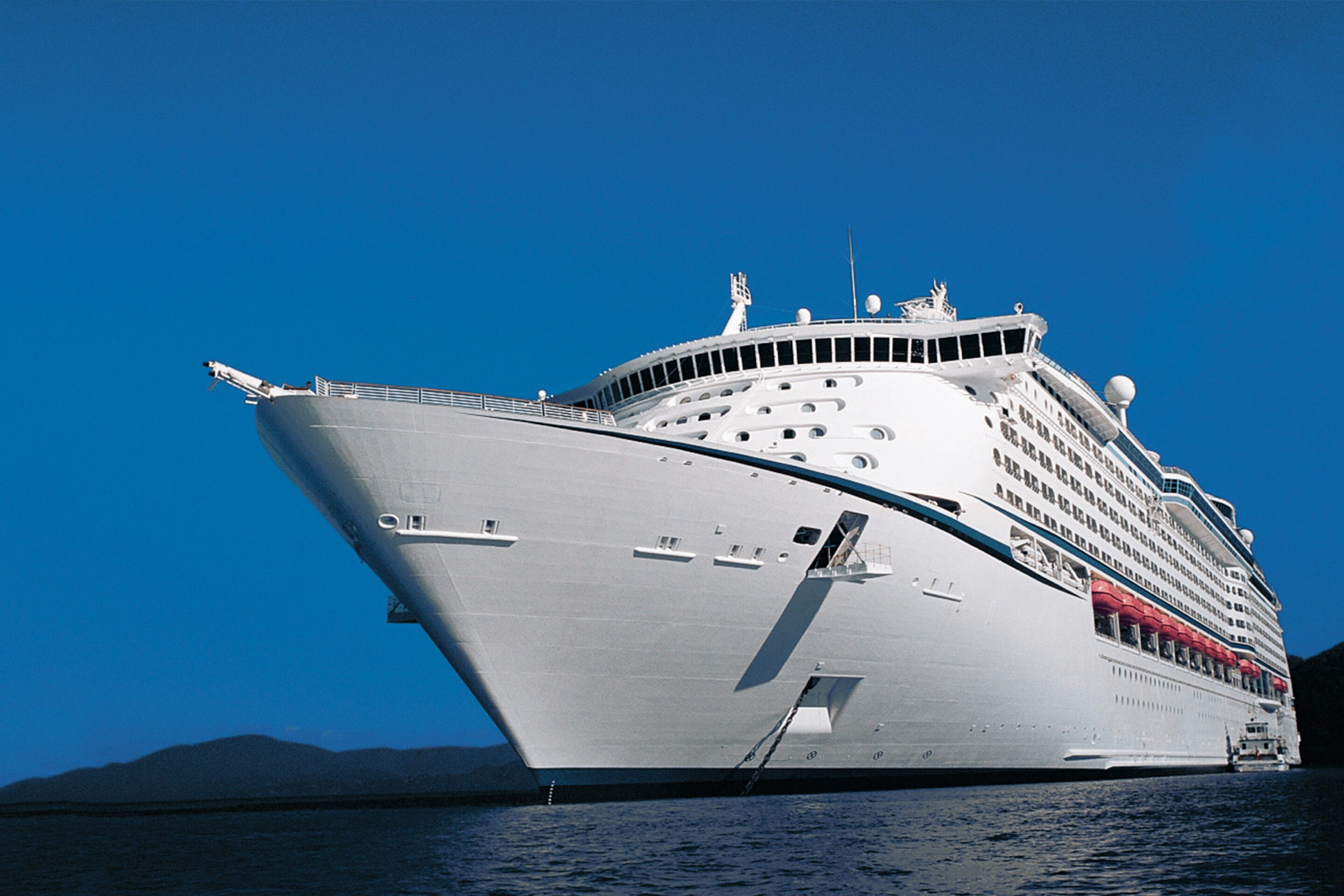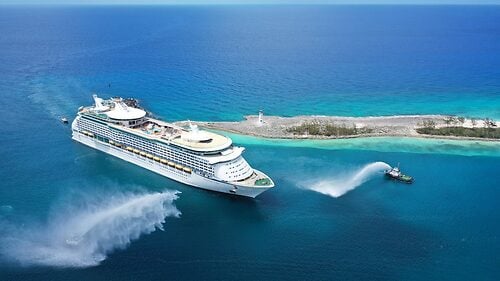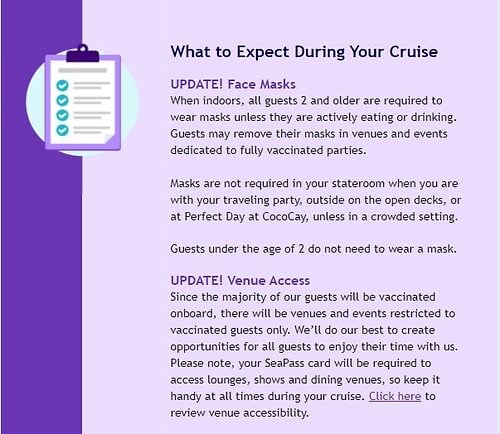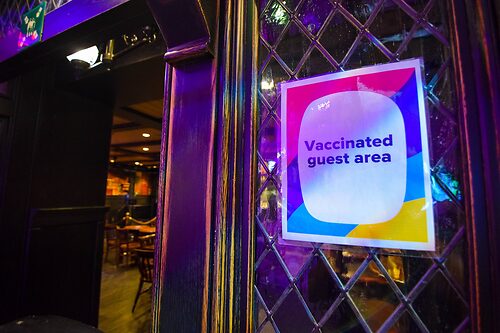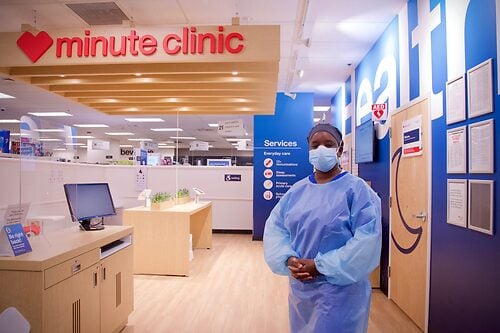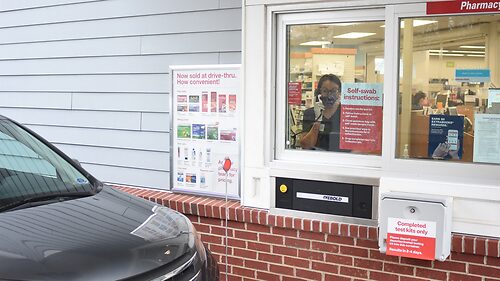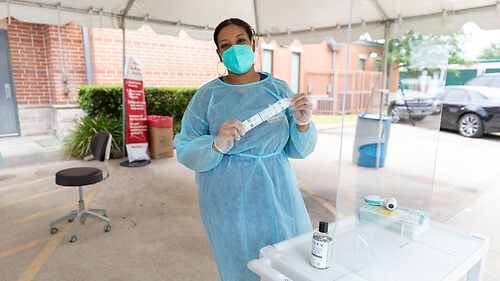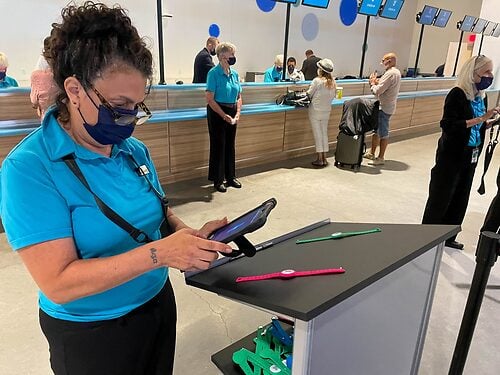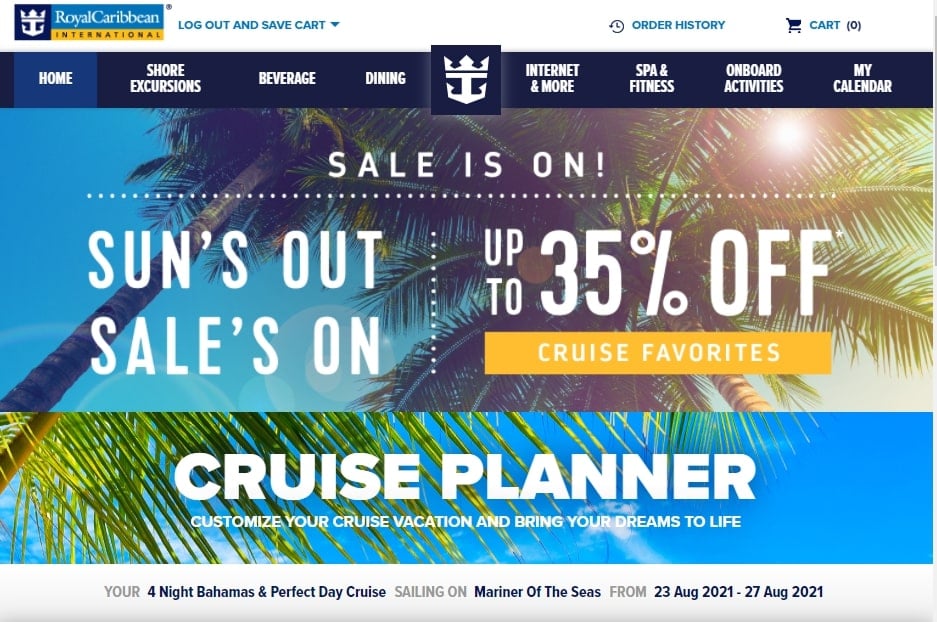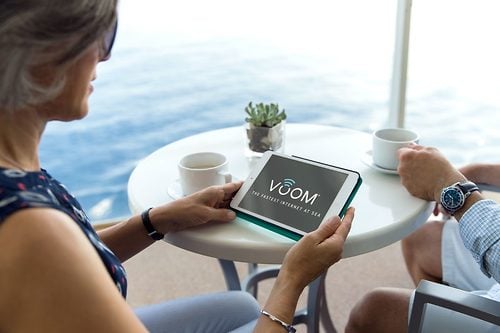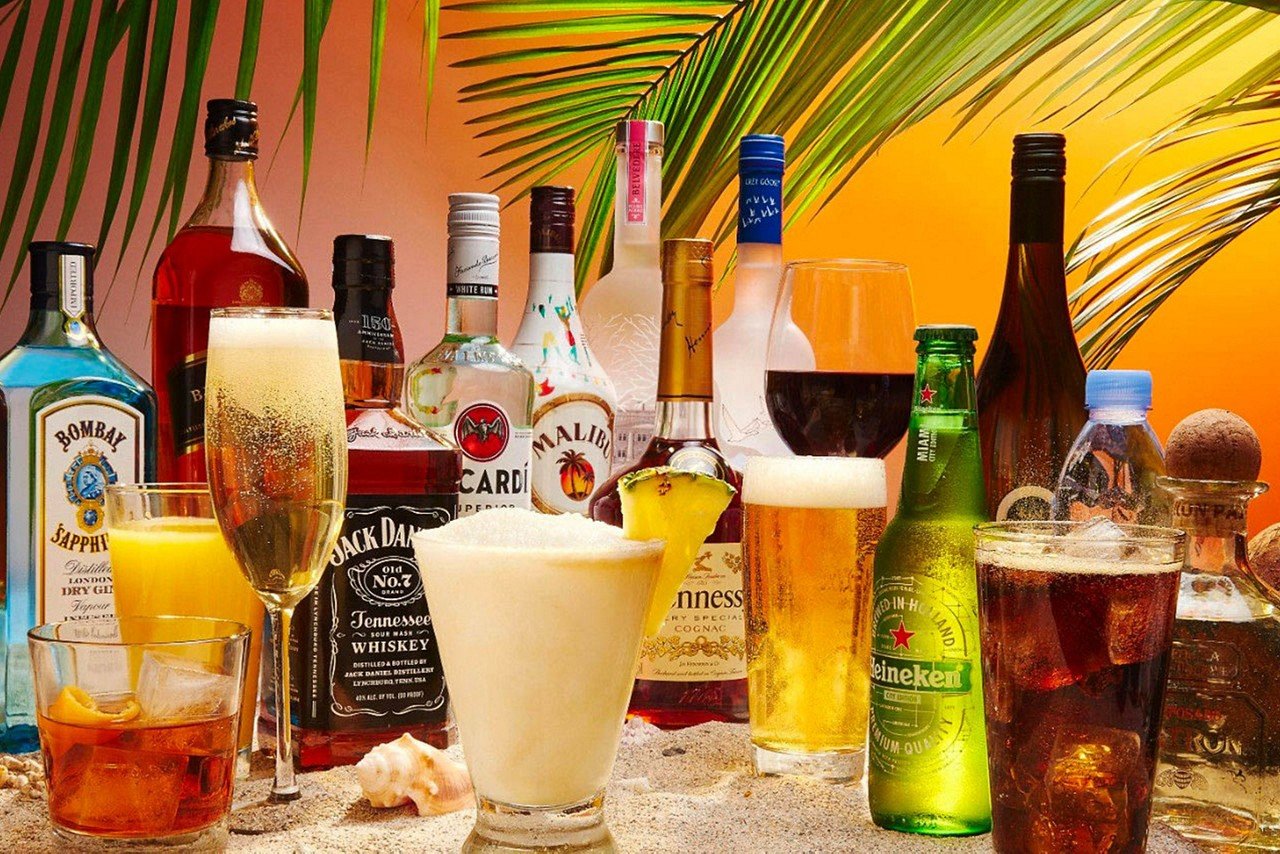Royal Caribbean Post Round-Up: August 8, 2021
In:Happy Sunday! We hope you are having a great weekend! Now it is time to sit back, relax, and catch up on all the Royal Caribbean news from the week!
Royal Caribbean announced this week when exactly the rest of the ships in the fleet will restart sailings.
The cruise line laid out a plan for which ships will restart between September 2021 and early spring 2022.
Under the newly announce plan, 13 ships will be able to restart operations slowly with the date of when each vessel will have its first sailing announced.
Royal Caribbean also announced cancellations to correlate with the new restart dates.
Royal Caribbean News
- Royal Caribbean will require pre-cruise Covid test for 3 & 4 night cruises
- Royal Caribbean Group reports $1.3 billion loss second quarter 2021 amid fast restart plans
- Royal Caribbean expands mask requirement to Adventure of the Seas sailings
- Royal Caribbean Group CEO: People are eager to cruise again
- Royal Caribbean extends Anthem of the Seas season in the UK
- How Royal Caribbean's free drink vouchers for Diamond and higher members works
- Allure of the Seas gets CDC approval to sail
- Carnival joins Royal Caribbean in requiring pre-cruise Covid tests and masks for vaccinated passengers
- Royal Caribbean sees strong demand for cruises despite temporary Delta variant concerns
- Hearing held in Norwegian Cruise lawsuit against Florida in vaccine passport ban
- Royal Caribbean offering up to 35% off Cruise Planner purchases with Sun's Out Sale's On
- U.S. Virgin Islands requires all cruise ship passengers 12 and older to be fully vaccinated
- CDC updates guidance to Royal Caribbean on banning mixed vaccines
- Two Royal Caribbean cruise ships begin simulated cruises
- Royal Caribbean is flying passengers home on a private jet if they have Covid-19
Video: Things I wish Royal Caribbean would change now that cruises are back!
Have you subscribed to the Royal Caribbean Blog YouTube Channel? We share some great videos there regularly, all about taking a Royal Caribbean cruise! This week, we are sharing our latest video: Things I wish Royal Caribbean would change now that cruises are back!
Royal Caribbean Blog Podcast
The 417th episode of the Royal Caribbean Blog Podcast is now available, where Matt interviews Royal Caribbean Group Chief Product Innovation Officer, Jay Schneider.
Mr. Schneider shares a peek behind the proverbial curtain to talk about what his group has been doing during the cruise industry shutdown.
Please subscribe via iTunes or RSS, and head over to rate and review the podcast on iTunes if you can!
When do you have to take a Covid test before your Royal Caribbean cruise?
If you have a cruise coming up, you are going to need to get a Covid test result, so when should you actually make an appointment for a test?
Many cruisers are confused as to when they should plan to get a test to ensure the results come back in time, but not take the test too early either.
The logistics of when and where to get a test before your cruise is somewhat confusing, so here is what you need to know about getting a Covid-19 test before your cruise so you can get onboard without any issues.
How Royal Caribbean invested in new port projects and tech during the cruise industry shutdown
Royal Caribbean may have been shutdown for 15 months, but that does not mean there has not been any progress made behind the scenes.
Royal Caribbean Group Chief Product Innovation Officer, Jay Schneider, shared a look at the product development and private destination innovations his group has been busy working on since the shutdown began.
Mr. Schneider talks about updates to Royal Caribbean's app, its private beach destinations, and even new ship upgrades.



